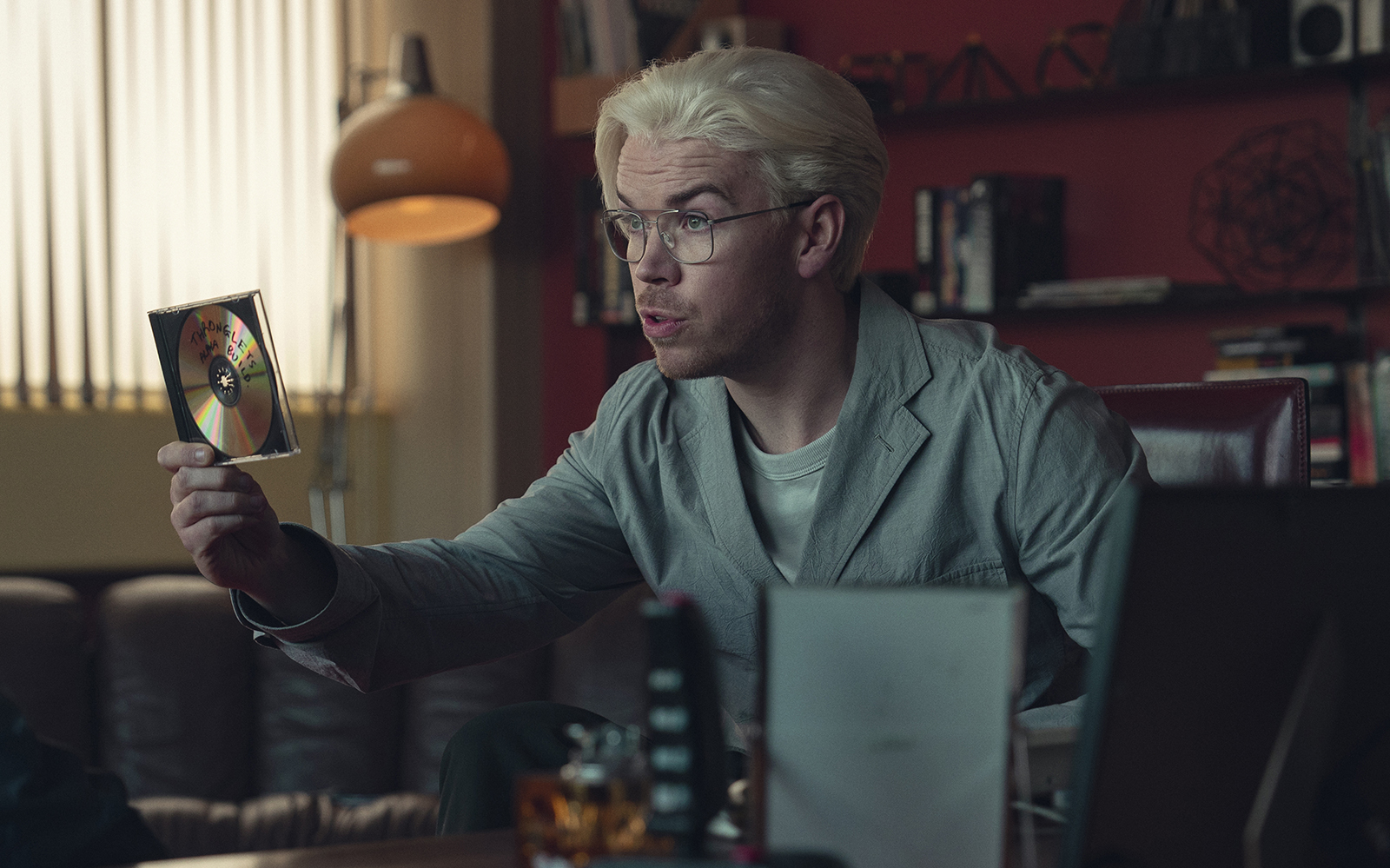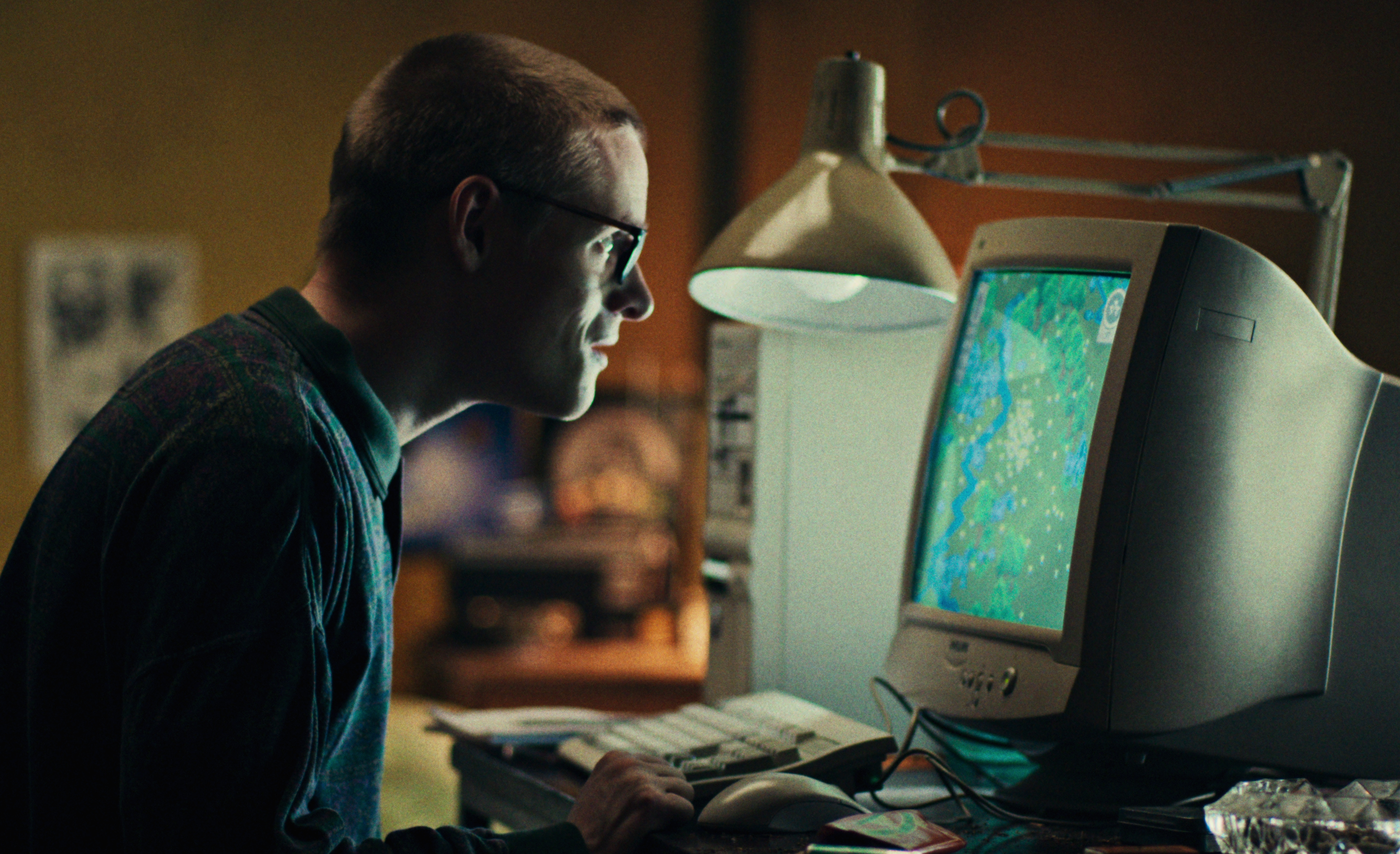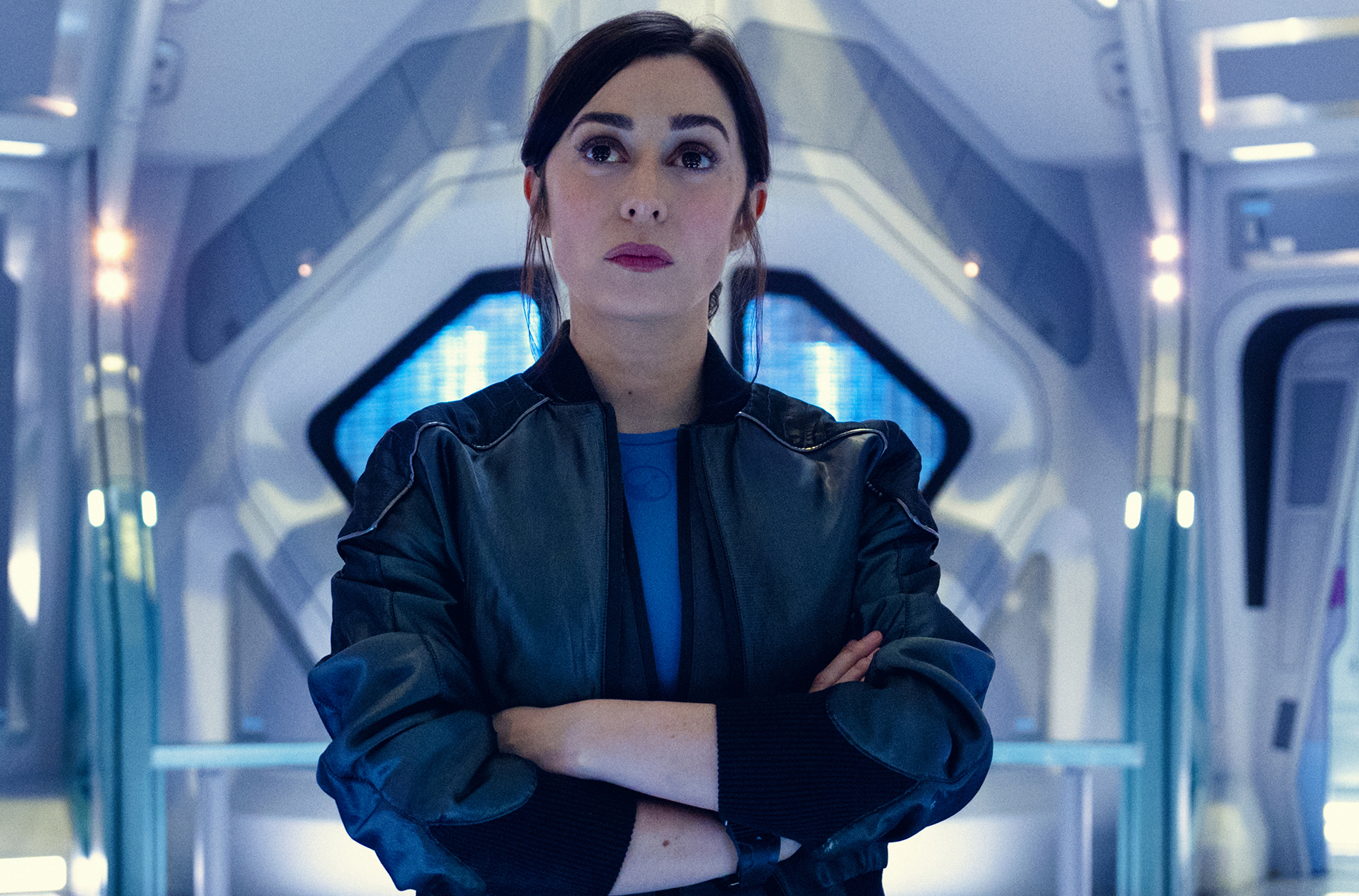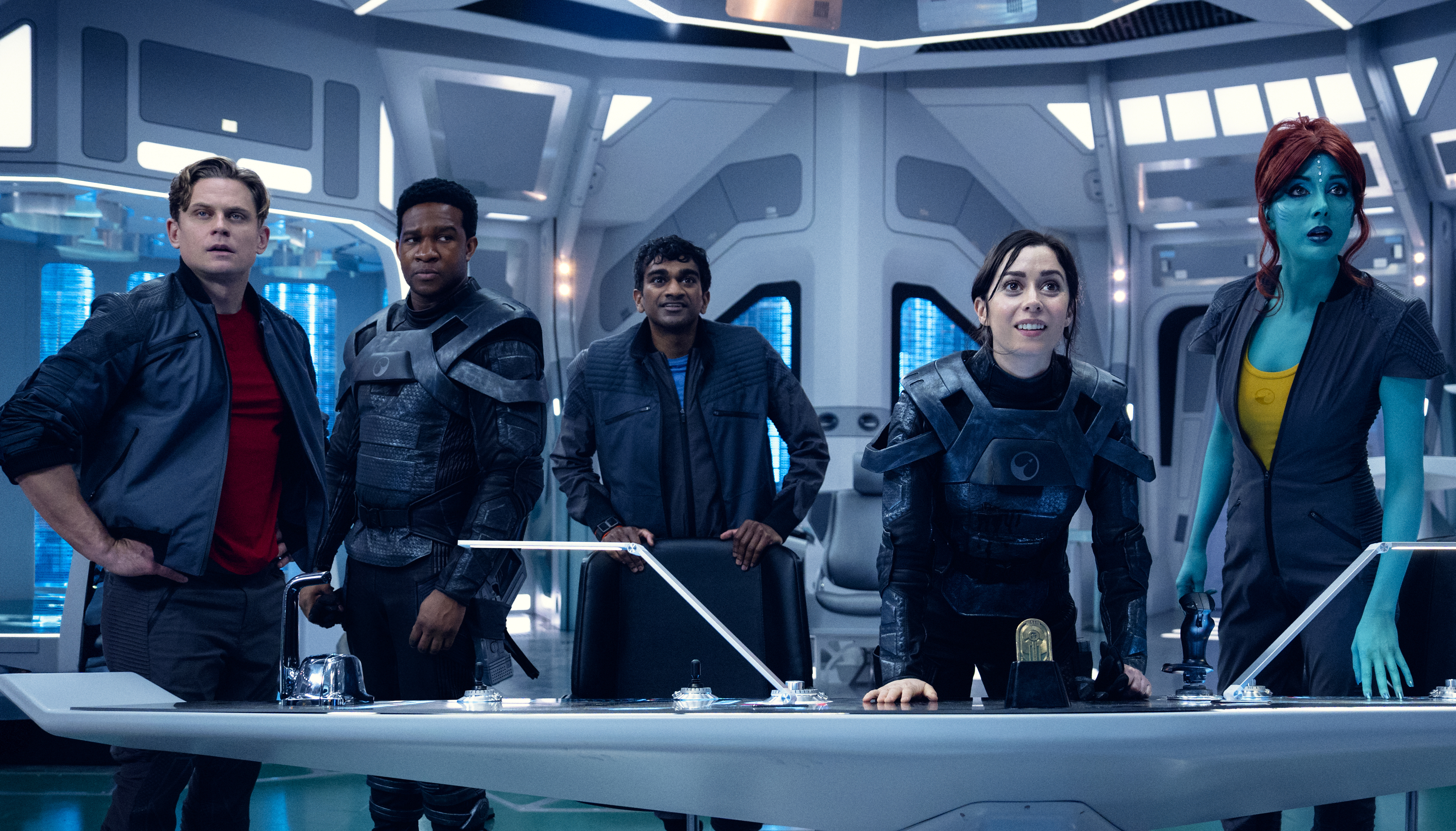Black Mirror Season 7 came from the too much future, bringing a familiar combination of horror based on technology, warning stories and occasional Smidge of Hope. The series does not seem as prophetic as when it began in 2011 – as it could – but even when the episodes of this technological dusk zone do not provide their premises, they are still worth watching (perhaps when scrolling social media on their own black mirror).
This time there are several episodes oriented on the game: one deals with artificial intelligence in the SIM game, which may not be as artificial as it seems, the next returns to the cosmic MMO Infinity from season 4, and one episode concerns something that we all apply and deeply fear: stream subscription services.
In addition, you can even see someone who played Balaatro in one stage in Season 7, which makes sense: the creator of Black Mirror Charlie Brooker called Deckbuilder “probably the most addictive thing that has ever been created.”
Cancel at any time
The most related technological nightmare begins in the episode “Common People”, in which the teacher of the Amanda school (Rashida Jones) and the welder Mike (Chris O’don) are a humble but content suburban couple until their life is completed by a grave medical event. Amanda needs brain surgery, but offering the only real and inexpensive chance for success is a startup called Rivermind, which sends some of her brain functions from cloud servers. For a monthly fee.
We currently subscribe to everything: smartphone plans, streaming services, applications, music, news pages, video games. It can be rightly just hard to buy Something: it took me centuries to find fitness tracking devices, which did not require a monthly substance of the submarine, and when he recently installed a recent bathroom, he told me that he now offers a monthly subscription to services.
We are all well -oriented in the traps of these subscriptions, such as suddenly price increases, various levels of services and this annoying moment when we realize: “Wait, I pay for this subscription, so why, to hell, do I have to watch ads?” Now apply all this stress in the brain instead of a telephone, television or game library. This is a disturbing thought (especially if this thought is sent to your head).
In this episode and in life, streaming services are of course the benefits of Amanda would be in a coma, if not for Rivermind (at least here in the USA, where you cannot get life-saving medical procedures and even routine drugs without bankruptcy). I complain about monthly subscribers, but I still subscribe to their group to be able to listen to any song that has ever been released or any film, ever released without having to hunt a physical copy in the store.
But the episode – the best of the six this season – is a clear reminder of how quickly we went from having things we pay to rent a month at once, and how to just live our lives
Simulation nation

The next episode, “Playing”, takes us back to the 90s as a journalist of youthful games working for the PC Zone magazine (as the creator of the program Charlie Brooker did), is invited to view the recent game Colin Ritman (Will Poulter), programmers, whom we met in Black Mirror: Bandersnatch. (Note: In addition to the appearance of the poulter, this episode is not really a continuation of Bandersnatch, as we expected, and this is not an interactive Pick-A-Path episode, such as Bandersnatch.)
“They are not some obscene puppets such as Sonic The Hedgehog.”
Colin Ritman (Will Poulter)
He claims that Ritman’s recent game is not really a game. It is called thrronglet and although it looks like it was a simulation of creature, Ritman claims that the creatures on the screen are really alive. “They are not some indecent puppets such as Sonic The Hedgehog,” he says. “These are live units” created with the code.
Beautiful pixel creatures walk in the simulated behavior of nature, multiplying and sometimes sings. The journalist realizes that the crowds are trying to communicate with him, and after eating equipment such as Atari Jaguar, Quickcam and a sound sound card (it’s nice to see all this equipment again), improves his platform so that he can talk to them. His interest in these creatures quickly turns to obsession, but if your Sims really lived, wouldn’t you be even more absorbed in them than you?

Crowds can be based on Sims such as 1996 CreaturesIn which miniature animals called Norns players could stroke, feed, play and teach to take care of themselves. Norns would communicate with miniature sounds, just like the Singing of Thronglet, and creatures used machine learning and neural networks to enable creatures to learn behavior, which makes him a precursor of today’s AI research. (It is even for pairs.)
Unfortunately, this episode cannot implement its configuration and this is actually everything. The idea that the Sims in our games are actually alive, is compelling, especially when they can develop and learn, but is not particularly well discovered. This is great fun, seeing many aged equipment and references to games, such as Magic Carpet from 1994 (in the episode, the reviewer claims that he gave him 93%, although apparently a real PC zone gave it 96%), but even Peter Capaldi playing the older version of Games Journo cannot make this episode unforgettable.
Engage

The biggest draw of the season is probably the continuation of the Black Mirror Season 4 episode “USS Callister”, in which the masochistic creator of the games (played by Jesse Plebs) made the digital clones of his colleagues, using their DNA and put them in his cosmic MMO so that he could abuse them.
Much more could be done with the assumption of real people trying to survive in MMO.
In the continuation of the season 7 “USS Callister: In Infinity”, a spaceship team, captain by Nanette Cole (Cristin Milioti), are in hard straits, because the game in which they live was heavily earned and requires loans to apply their hyperdrivals. Because they are not actual players, but they live in the universe of the game, they are directed to remove by the dingy and greedy general director of James Walton, played again by Jimmi Simpson.
Most of the episode leads great performances of Milioti and Simpson, who play double roles as the real world of Cole and Walton and their digital clones in the game. But the episode for the film (90 minutes) simply does not have enough to keep it except for a few laughter. Much more could be done with the assumption of real people trying to survive in MMO, but most of the episode takes place outside the game in a less compelling real world.

Other episodes of Season 7 I hate describing as “in order”, but they are fine: Paul Giammati plays a man who explores his painful past through photos, supporting the AI guide, Issa Rae is a contemporary actor inserted (again, with AI) in the aged film, so that he can be updated for release, and Siena Kelly is a serial man An aged film in which it could be updated when it was a class. He returns in his life.
Like season 6, most of these episodes do not seem like they really announce the future when it comes to technology. The series is largely based on the “experiencing disk”, a repetitive gadget that you stick to your temple, which immediately takes you to the virtual world, where almost everything can happen, and which always feels more like fantasy than science fiction.
But only because the series lost part of the influence and weight from earlier seasons, they are still worth streaming to one of your black mirrors: at least as long as Netflix is able to lightweight them straight into our heads.

